Chewing plays a very important role in oral health. In addition to having the objective of reducing the food to a semi-liquid pulp to facilitate digestion, chewing correctly and for a long time massages the…
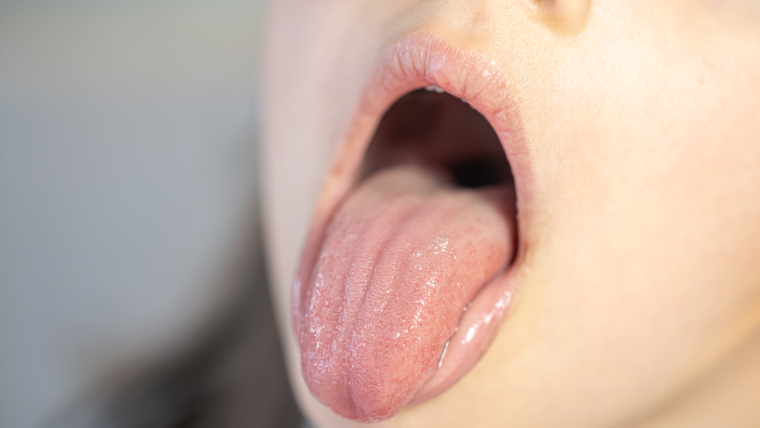

Chewing plays a very important role in oral health. In addition to having the objective of reducing the food to a semi-liquid pulp to facilitate digestion, chewing correctly and for a long time massages the…
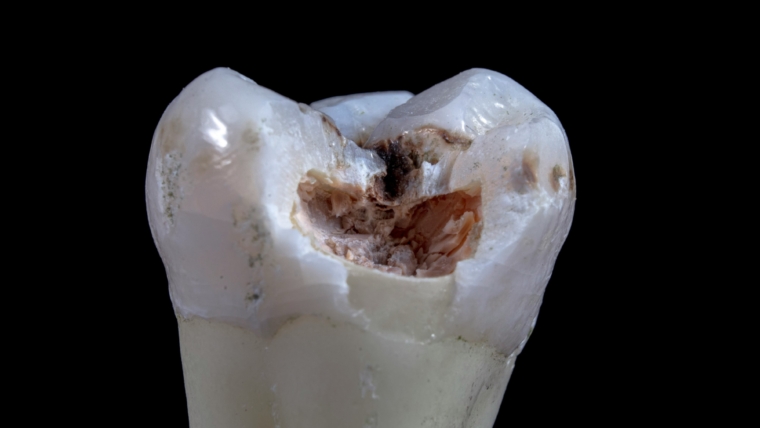
A tooth turning black is a sign that should never be ignored. The color change can depend on various factors — some harmless, others more serious — and always requires a dental evaluation. In this…

Baby teeth play a crucial role in the development of a child’s mouth and smile. Yet, there are still many misconceptions that can lead parents to underestimate their importance. In this article, the Trapani –…
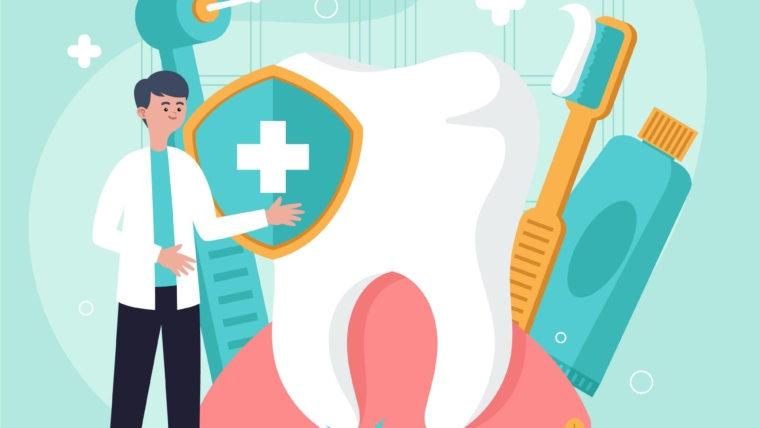
Oral health isn’t just about teeth and gums: new research is highlighting a direct link with cardiovascular health. A recent Finnish study, published in Journal of the American Heart Association, discovered the presence of oral…
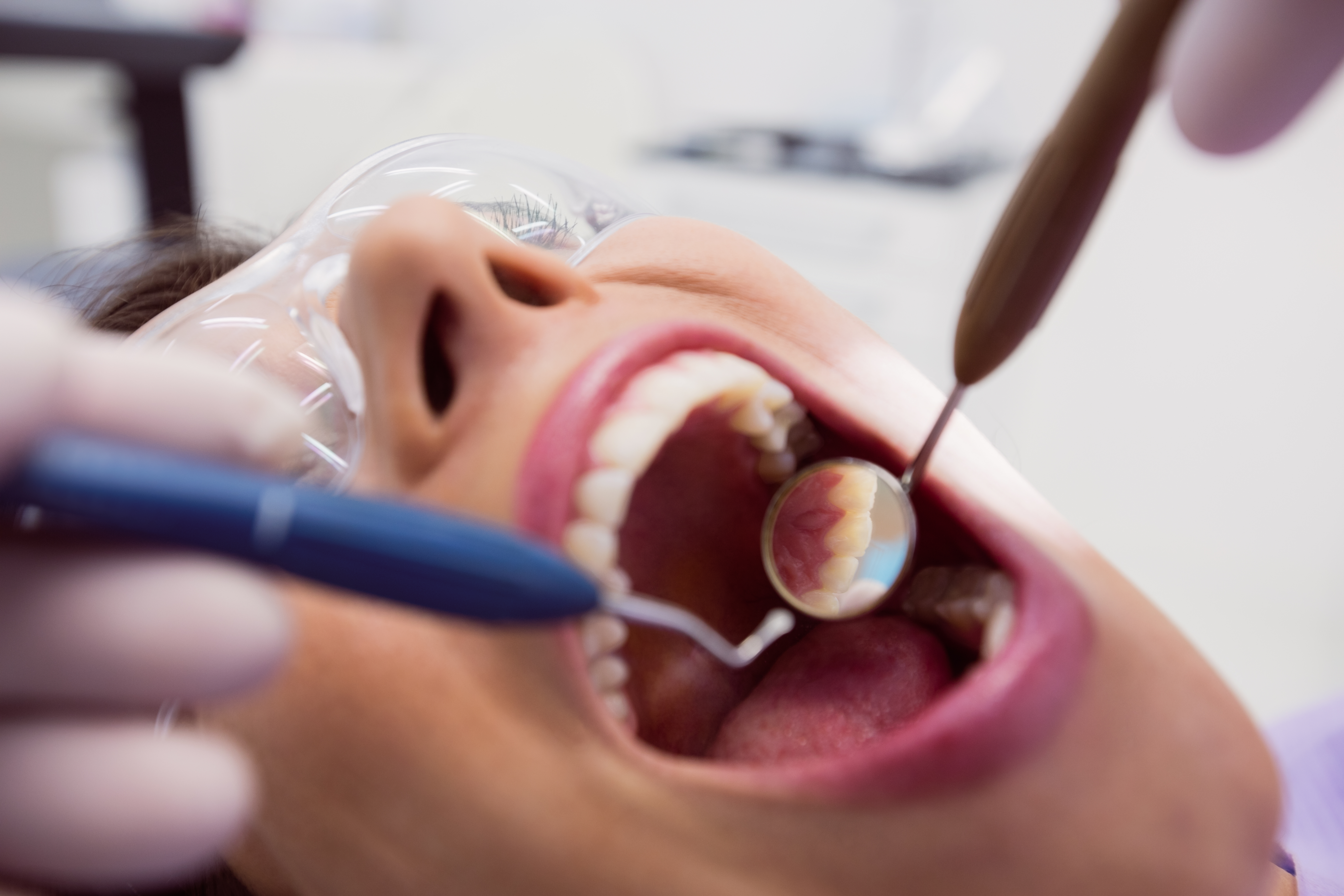
Periodontology is the branch of dentistry that focuses on the prevention, diagnosis, and treatment of periodontal disease, which affects the supporting tissues of the teeth, including the gums and alveolar bone. Its goal is to…
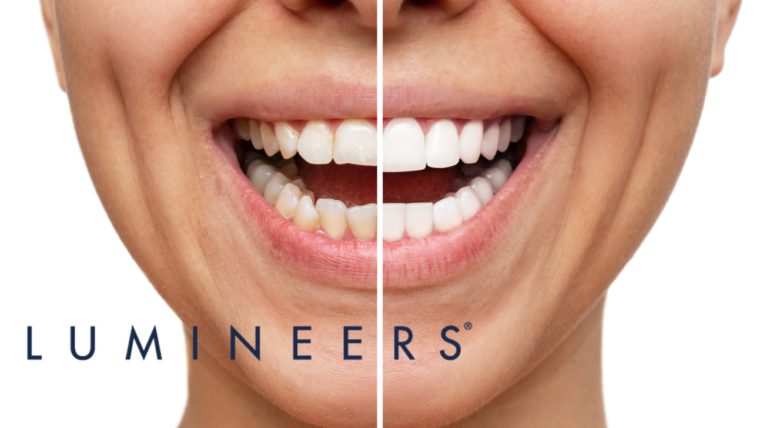
Dott. Danilo Trapani – Giuseppe Di Maio Achieving a healthy, bright, and harmonious smile is no longer just a dream. Thanks to modern dental technologies, it is now possible to correct dental imperfections quickly, safely,…

Wisdom tooth extraction is a fairly common dental procedure, yet many myths and misconceptions still circulate about it, creating unnecessary fear and hesitation among patients. It is important to clarify these misunderstandings because such fears…
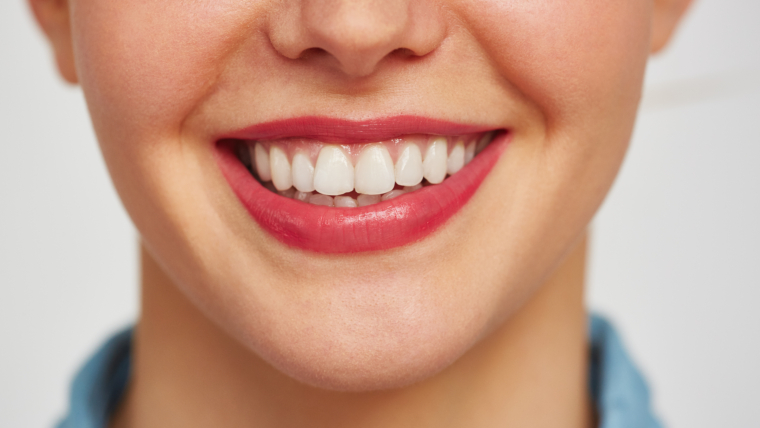
Dott. Giuseppe Di Maio A gingival smile is an aesthetic condition where, during smiling, an excessive portion of the upper gum is exposed. Although this is not a pathological issue, it can create psychological discomfort…

Dott. Danilo Trapani Milk Teeth: What to Do If They Don’t Fall Out on Time Milk teeth, also called deciduous teeth, usually begin to fall out around the age of 6, following a natural order:…
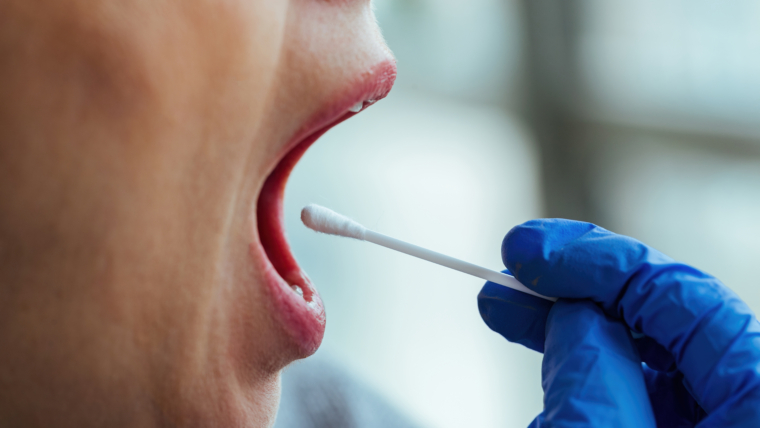
Dott. Giuseppe Di Maio Saliva is a fundamental fluid for maintaining oral health. Between 1 and 1.5 liters are produced every day, with greater secretion in the afternoon and a significant reduction during the night.…